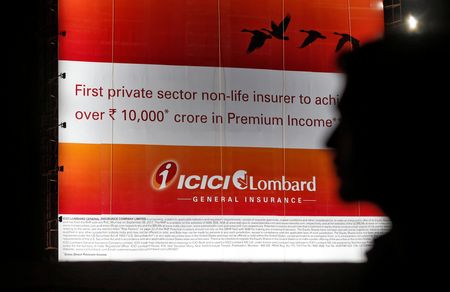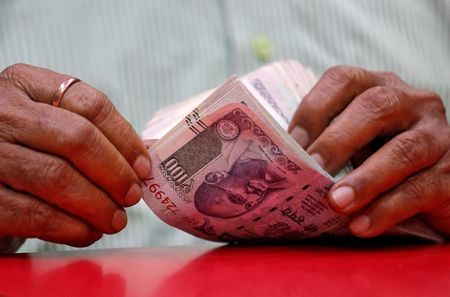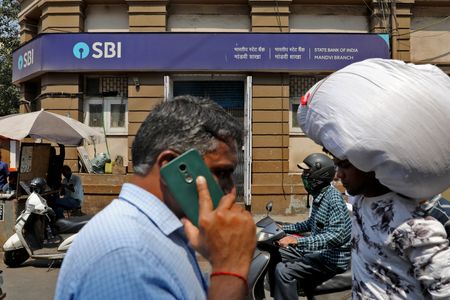By Ashna Teresa Britto and Siddhi Nayak
(Reuters) -Shares of Axis Bank fell to a 14-month low on Friday, a day after the lender missed profit estimates on slower loan growth, higher bad loan provisions, and forecast that retail asset quality would take a few more quarters to normalise. Axis Bank was the first major Indian bank to report its results in an industry grappling with rising bad loans, particularly in sectors such as microfinance and the unsecured portfolio. This has led lenders to allocate more funds for potential losses.
The 5.4% drop in Axis Bank’s shares placed them at the bottom of the blue-chip Nifty 50 on Friday, and dragged the Nifty Bank index lower by 1.3%. The bank “calibrated” loan growth due to the stress in certain segments, Executive Director Subrat Mohanty said on Thursday, while finance chief Puneet Sharma noted that most provisions, which more than doubled in the third quarter, stemmed from slippages in the unsecured retail portfolio.
Axis Bank’s third-quarter profit missed analysts’ expectations due to rising credit costs and slowing loan growth.
Loans grew 9% year-on-year, slower than the 11% increase in the previous quarter.
The bank’s asset quality deteriorated, with slippages – loans classified as bad for the first time – rising.
Normalisation of retail asset quality is underway and will take a few quarters to stabilise, CEO Amitabh Chaudhry said.Analysts at Goldman Sachs said the bank’s asset quality cycle is yet to peak, which could lead to higher slippages.
Following the results, at least 16 analysts covering Axis Bank’s stock lowered their price targets, according to data compiled by LSEG. Axis Bank will need slippages to peak and growth to accelerate in order to bridge valuation gap with larger private peers, JPMorgan said in a note.
“Microfinance and unsecured retail slippages will be higher for other banks, too, in the fiscal third quarter,” said Anand Dama, head BFSI at Emkay Global Financial Services.
($1 = 86.5850 Indian rupees)
(Reporting by Ashna Teresa Britto and Chris Thomas in Bengaluru, Siddhi Nayak in Mumbai; Editing by Sherry Jacob-Phillips)










